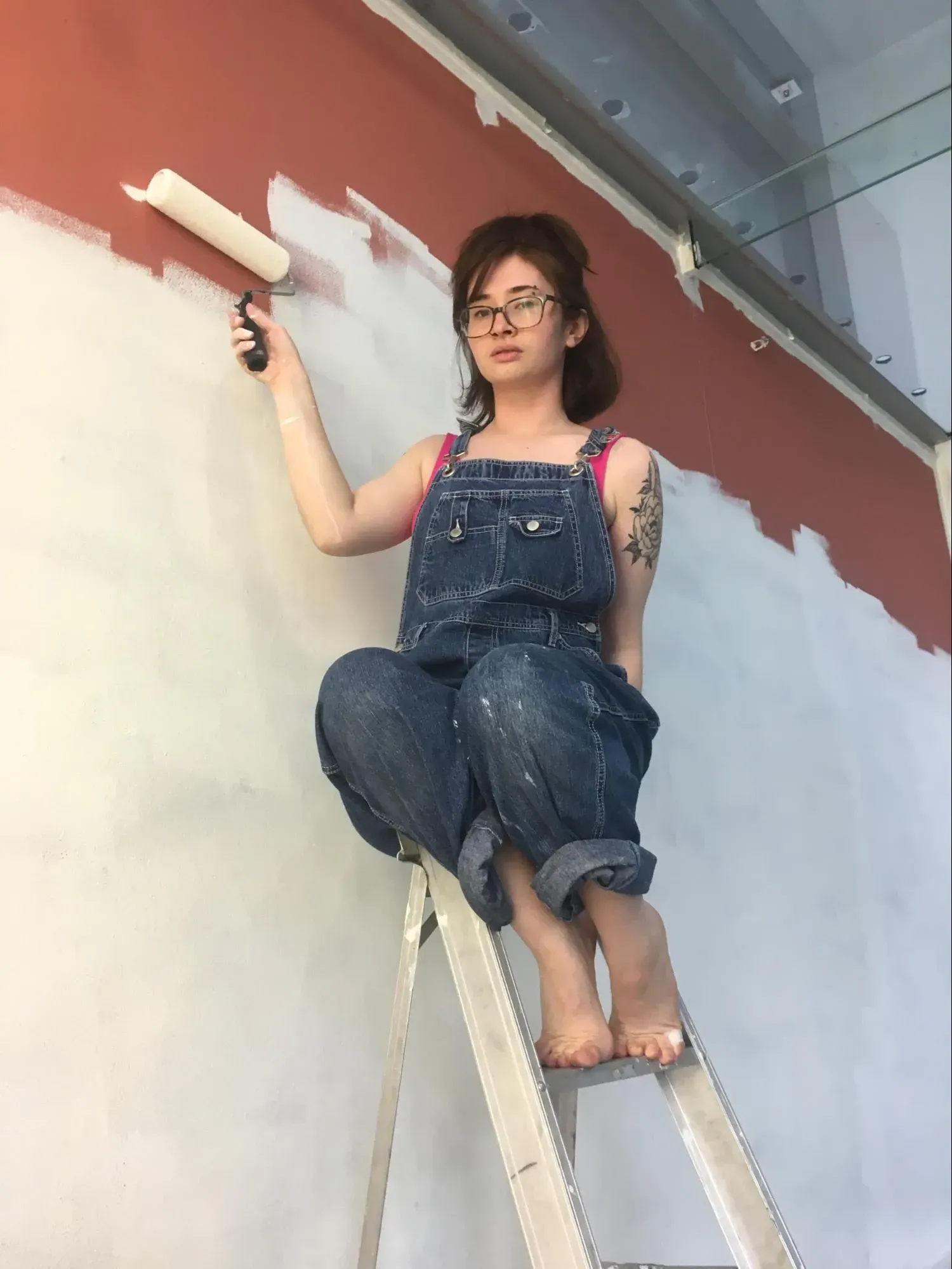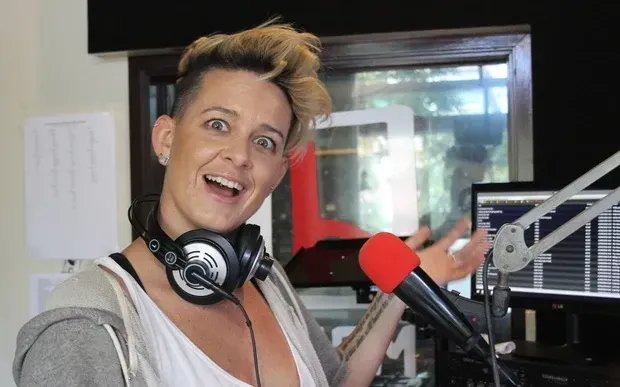Unchartered Territory: The COVID-19 Effect
Written by
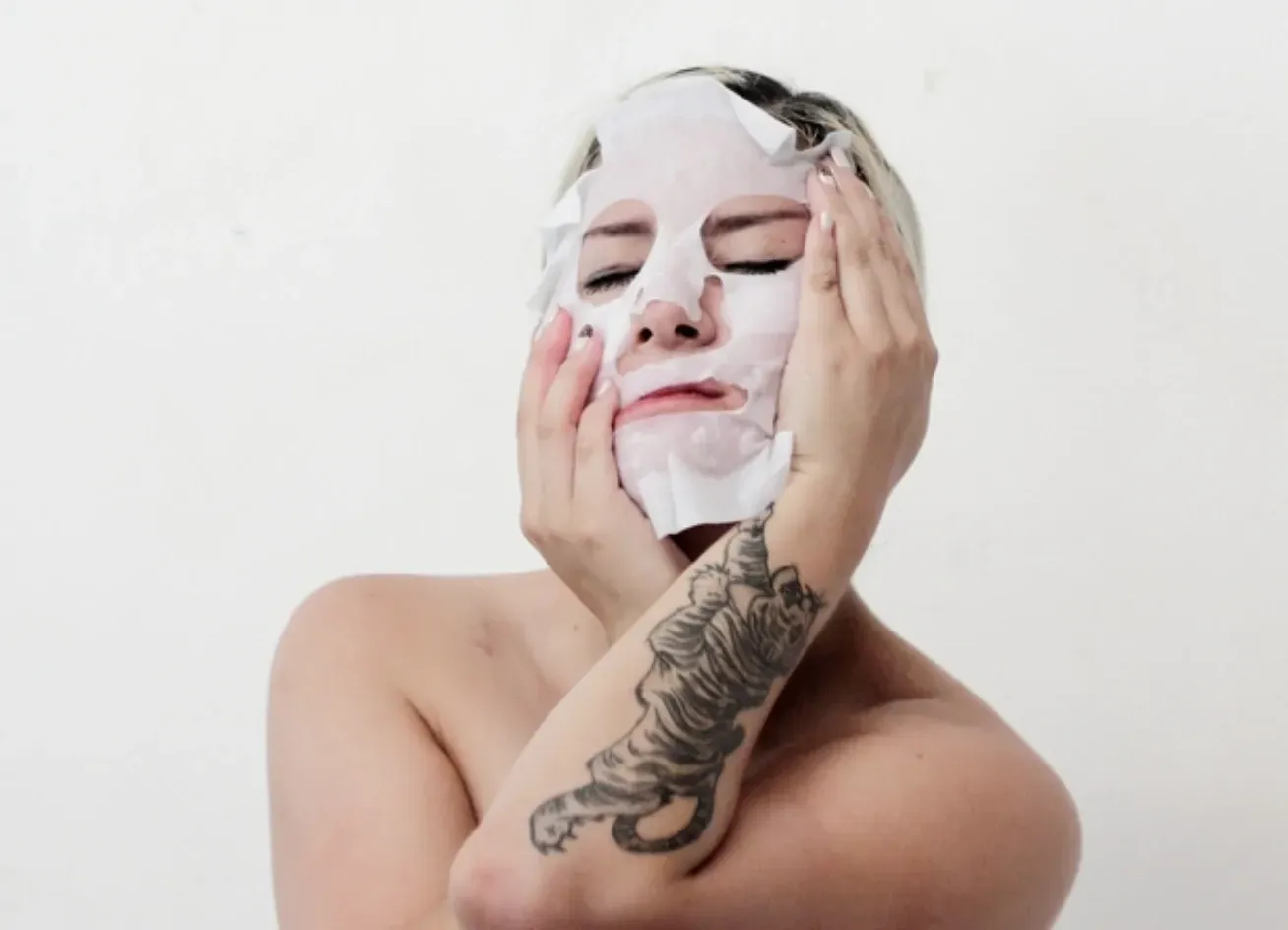
Everything is cancelled.
The government’s latest ban on gatherings of more than 100 people has effectively shut down the arts in this country.
While this is the best course of action, it is an unprecedented disaster for the creative industry, which will have long-lasting effects. People all over the country have had their incomes dry up overnight. There’s still some confusion if the government’s economic package will cover artists.
And even if it does, will it come in time to help cover the mounting bills?
I've been going through the range of emotions myself but we all know we're not alone in these challenging times.
From self-isolation in the hills of Laingholm, I spoke to three people involved in the arts, at a range of different levels, about how they have personally been affected by recent events.
Alice Canton
“In the 15 years I’ve been making theatre, I’ve never sold zero tickets to a show on a Friday night, I was like ‘what the fuck is going on.’”
Producer, comedian and director Alice Canton, AKA White Mess, had to make the heartbreaking decision to pull her play midway through its two week season. Though ticket sales were poor, it was Alice’s concern for her audience that led to her canning the last week of shows.
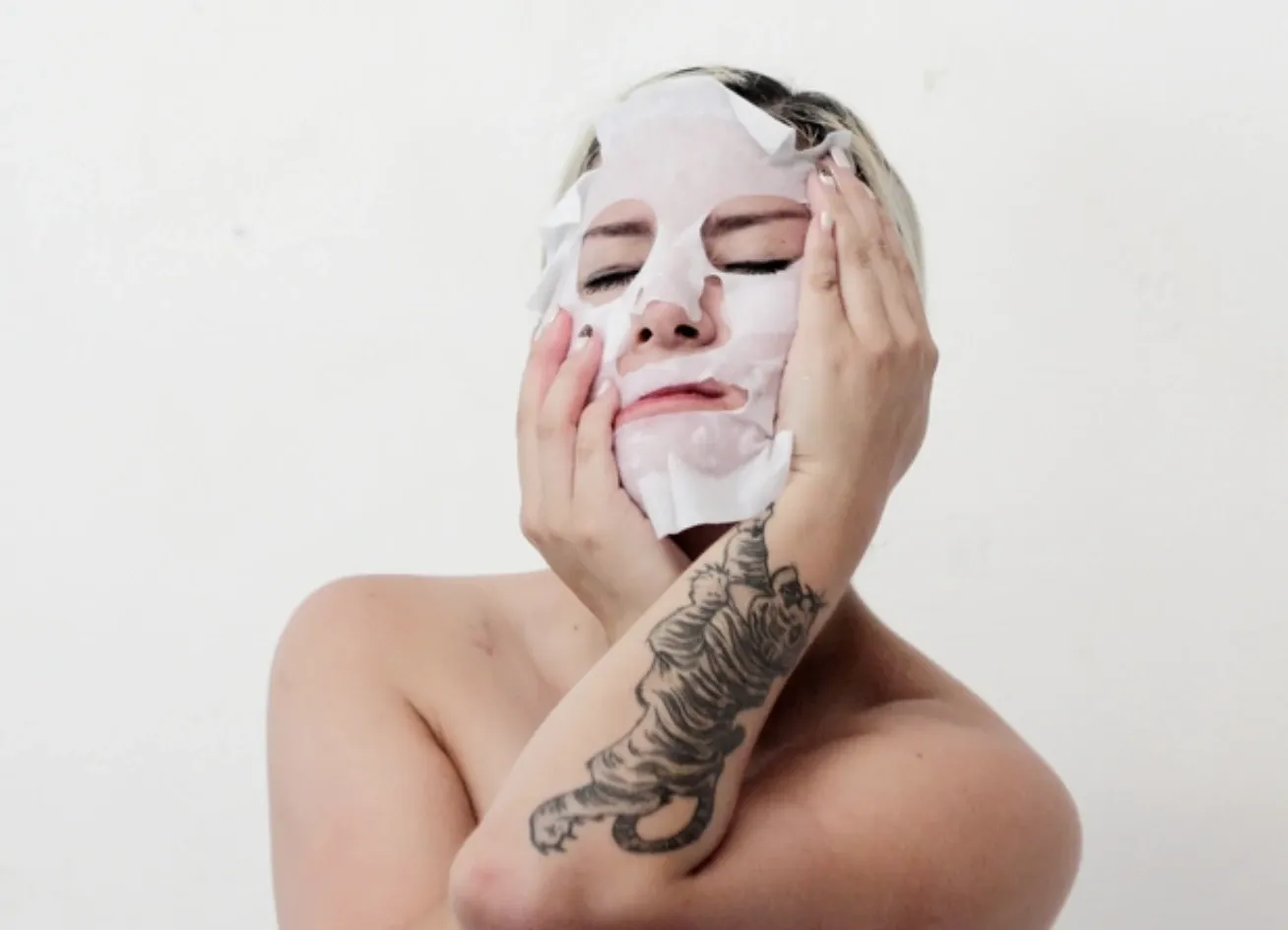
Alice Canton.
“The impetus to cancel was not around the finances or the low engagement. It was definitely around mitigating risk.”
All this has left Alice in a precarious position financially. There are outstanding invoices that need paying but no income from ticket sales.
“In the 15 years I’ve been making theatre, I’ve never sold zero tickets to a show on a Friday night."
“I feel this weight of having to settle all these invoices but I’ve got no money.” Alice is registered as a small business, and therefore should be able to apply for government support. She said she’s considering it, but when it comes to a mid/long term solution, she thinks Universal Basic Income (UBI) could be the answer.
“Maybe this is a chance, you know, because this is a pandemic. But, in a few years, it’s going to be AI that takes over and a few years is going to be the fact that we can’t drive our cars anymore, we just simply need to adapt.”
Vanessa Crofskey
“I was talking to my flatmates, we counted up, and that first day we’d lost like $5,000 of income over the next month or two just from gigs that have been cancelled.” When I spoke to poet and artist, Vanessa Crofskey she was still weighing up whether to apply for the government’s economic package. Past negative experiences with MSD have left her less than enthusiastic about dealing with the government department.
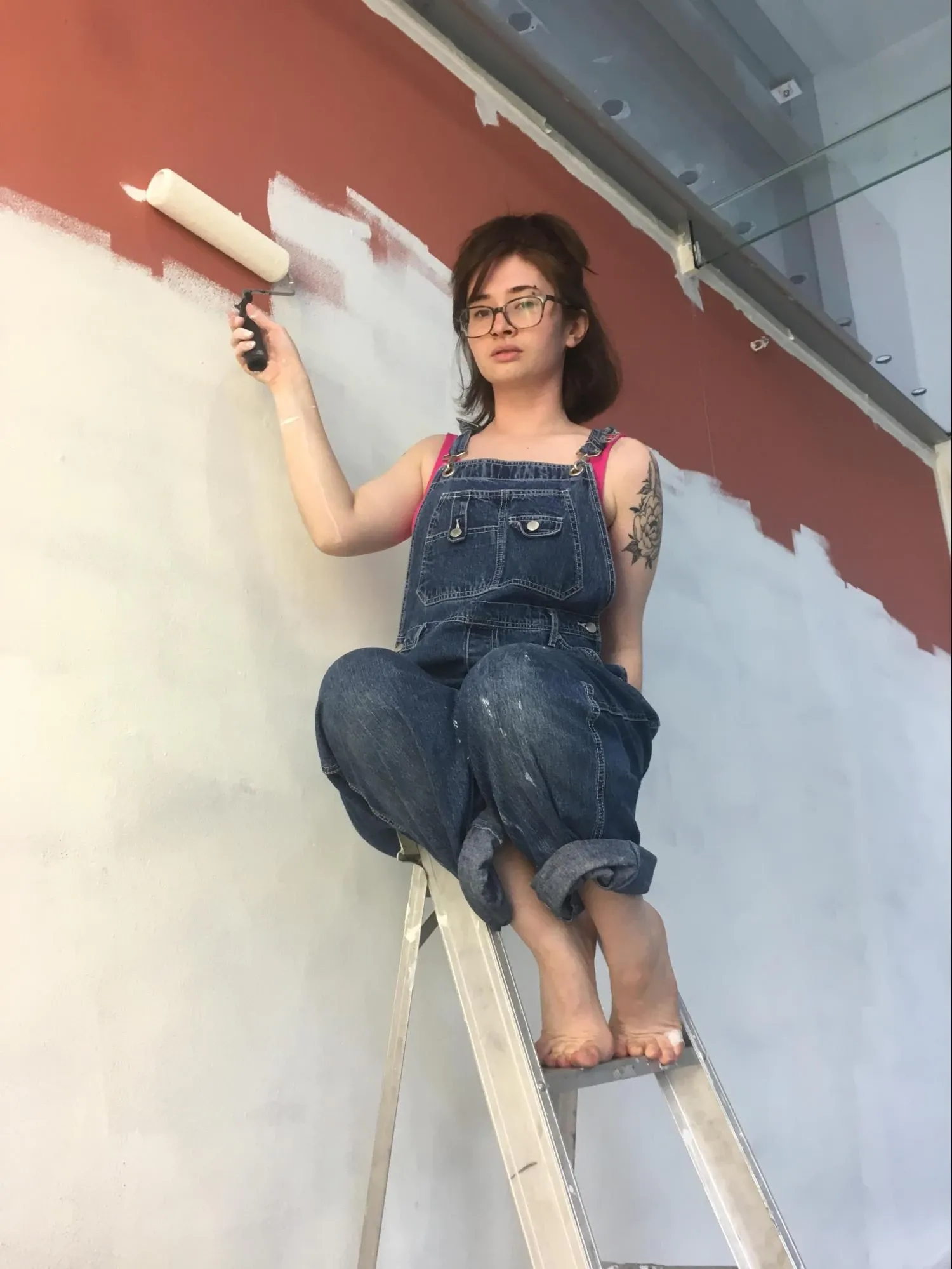
Vanessa Crofskey.
But she admits that she soon might not have a choice. Vanessa has had several events fall through, including one at the recently cancelled Auckland Writers Festival that she’d been working on for months. “You don’t really get those hours back and you put so much energy behind them.”
Vanessa is another proponent of the UBI, as a way to give artists and contract workers some financial security in the gig economy. She pushes back on the undervaluing of arts, and the precarious position this has left a lot of artists in.
"We deserve to be able to live without freaking out about what money we have for groceries.”
“I don’t think the art we make needs to be necessarily life-changing all the time, but it is valuable and we deserve to be able to live without freaking out about what money we have for groceries.”
Sarin Moddle
“Within the space of a week, we went from seeing, maybe 30% of our workflow dry up to very rapidly 50% of it and then to 10% of it left - and then all of a sudden it was nothing.”
Sarin Moddle wears so many hats; it’s hard to keep track. She’s a tour and event manager, freelance promoter and helps set up and run some of the biggest festivals in New Zealand. Overnight she found herself without any source of income and had to find work outside of the industry.
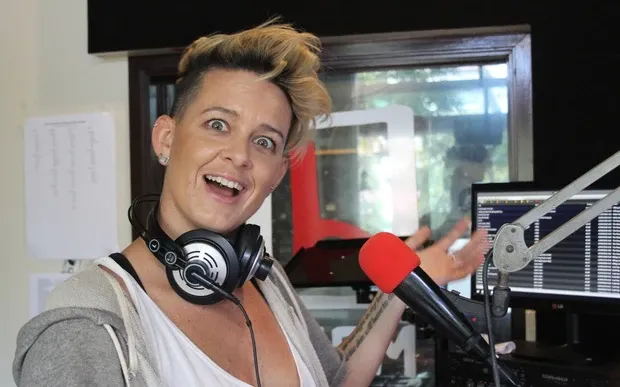
Sarin Moddle.
Sarin talks about how many people in the entertainment world are largely invisible, often without proper contracts. But she is using this experience to help others, by gathering and distributing information about what other people in her situation can do.
“I’m not among the most vulnerable segment of my industry, and knowing that like if I need to, I can survive for a couple of months off of my savings and therefore wanting to channel a lot of time and energy into collecting resources and information for other people.” She’s set up this fantastic document, filled with heaps of info about resources for people affected by the crisis.
While she’s been proactive, Sarin is still overwhelmed by the magnitude of the situation.
“I’m in totally uncharted territory, and I feel like this is probably what it would have felt like during the Great Depression in the States. Nobody knows what’s going to happen and you think it’s not going to get any worse, but then it gets worse.”
